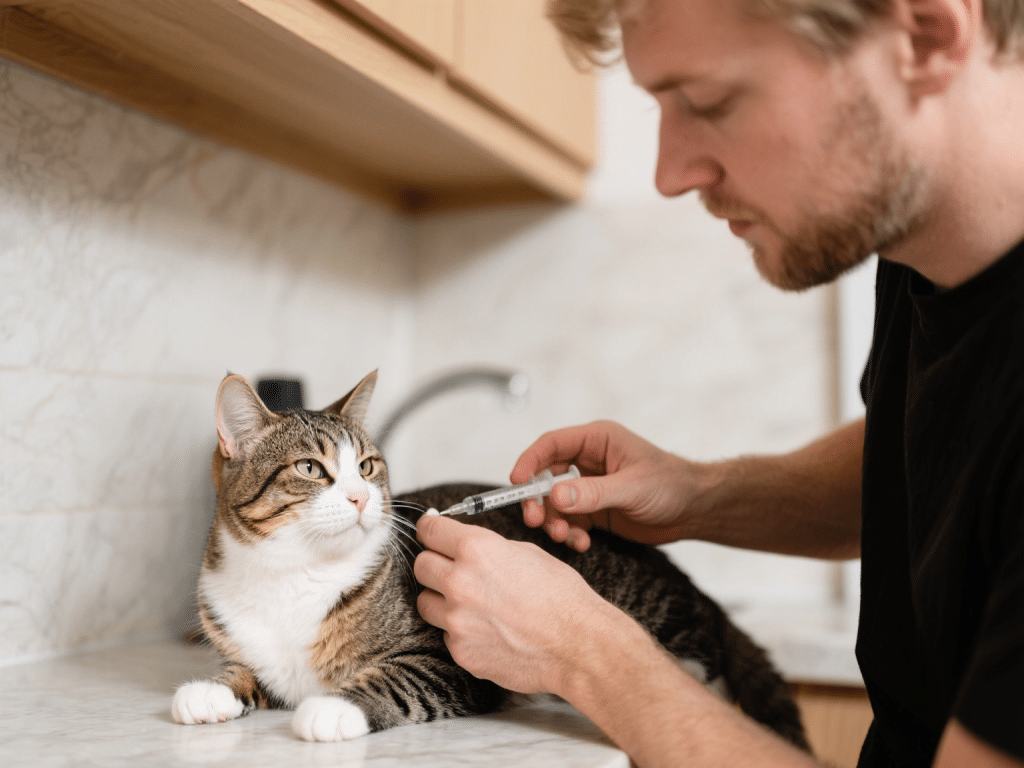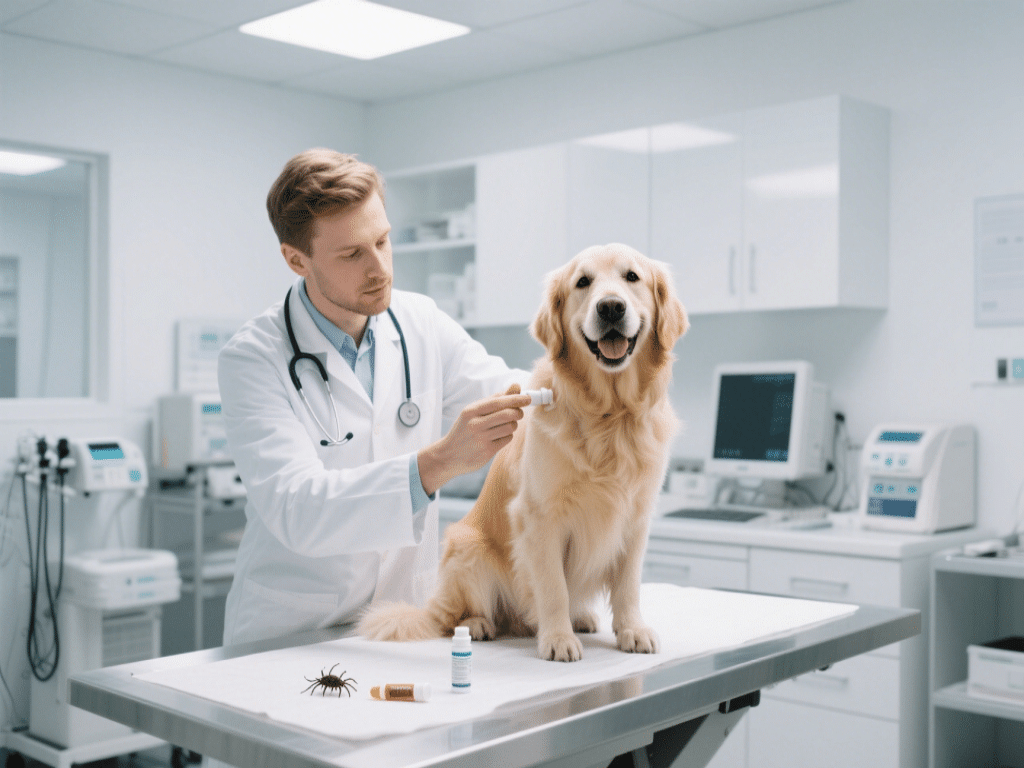RECOMMENDED NEWS

Recognizing Early Signs of Feline Kidney Disease
Chronic kidney disease (CKD) affects up to one in three senior cats. As a long-time feline-health co...
Read More →
Effective Dental Care Tips for Indoor Rabbits
Indoor rabbits are adorable—but their dental health demands vigilant care. Overgrown incisors or m...
Read More →
Preventing Obesity in Indoor Guinea Pigs: Expert Nutrition & Exercise Tips
Obesity is a growing concern in indoor guinea pigs, leading to diabetes, arthritis, and heart diseas...
Read More →
Understanding and Managing Feline Diabetes: A Comprehensive Care Plan
Feline diabetes affects up to 1 in 100 cats, leading to excessive thirst, weight loss, and lethargy....
Read More →
Best Indoor Cat Exercise Routines to Prevent Obesity
Indoor cats enjoy safety and comfort, but they also face a silent health risk: obesity. As a feline ...
Read More →
Best Hypoallergenic Dog Breeds for Allergy Sufferers
IntroductionFor individuals with allergies, choosing a dog breed that produces fewer allergens is cr...
Read More →
Understanding Your Cat’s Sudden Zoomies: Normal or Not?
Introduction“Zoomies,” or Frenetic Random Activity Periods (FRAPs), are those surprise bursts of...
Read More →
How to Build Trust with a Rescue Dog: Overcoming Fear and Anxiety
IntroductionRescue dogs often arrive with a history of abandonment, neglect, or abuse. This can mani...
Read More →
How to Entertain a Bored Indoor Cat: Creative Play Ideas
IntroductionIndoor cats often lead sedentary lives, which can result in obesity, stress, and behavio...
Read More →
Comments on "Can Dogs Go Outside After Deworming? Recovery and Safety Tips" :